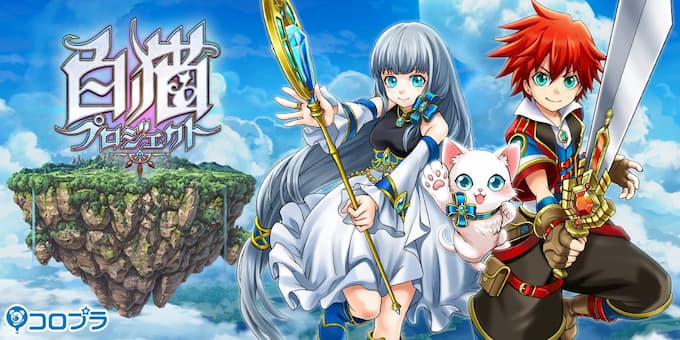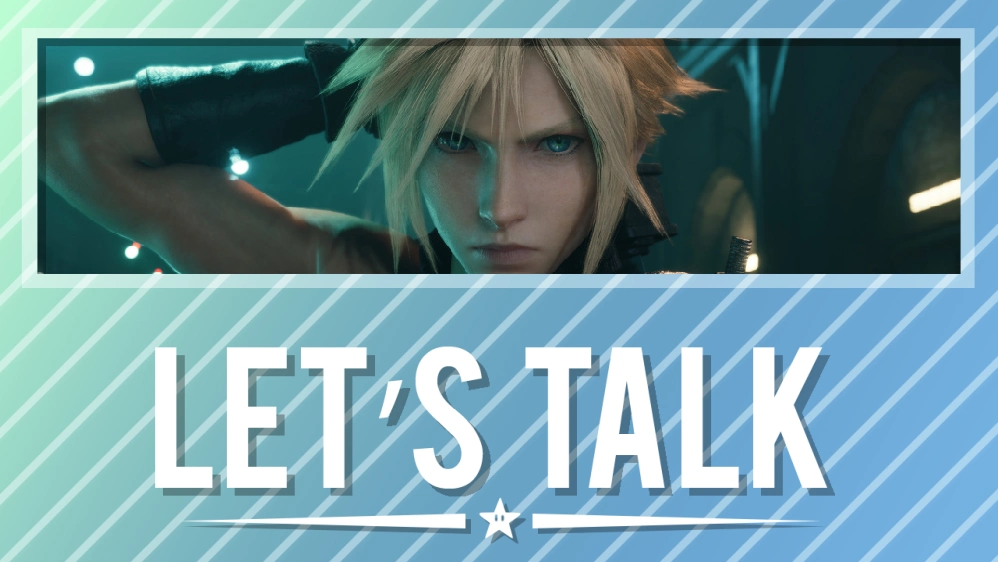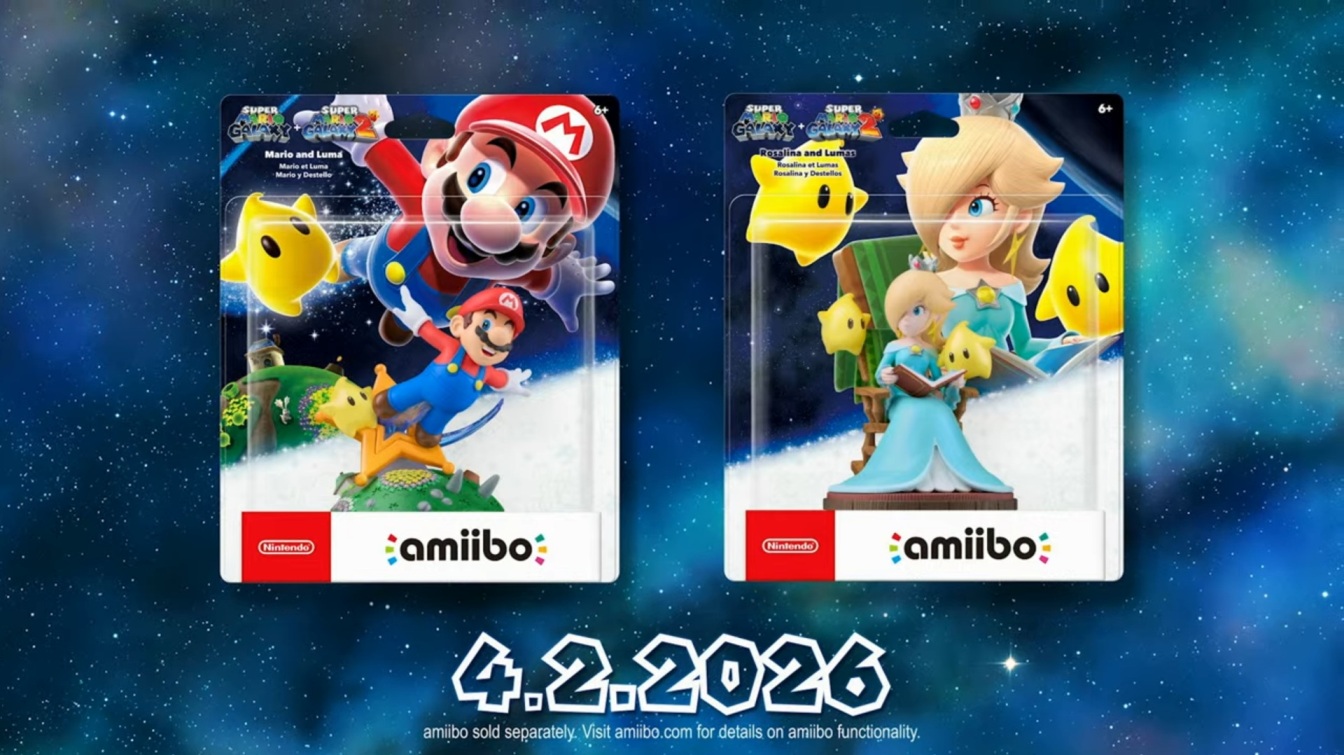Nintendo, a global leader in video game innovation, has officially settled a prolonged patent infringement lawsuit with the Tokyo-based mobile developer Colopl.
The dispute centered around the acclaimed smartphone RPG, White Cat Project, developed and published by Colopl.
The legal proceedings began several years ago when Nintendo alleged that White Cat Project’s original design violated five of its patents, sparking significant attention within both the Japanese and international gaming sectors. This month, Nintendo confirmed via an official statement that the patent lawsuit has reached a resolution.
While the companies have refrained from disclosing complete details, citing confidentiality obligations, financial terms of the agreement have emerged from an independent report published by Livedoor News.
According to this report, Colopl has agreed to pay Nintendo 3.3 billion yen—approximately $30 million USD—as part of the settlement.
In addition, Colopl will continue to compensate Nintendo through future licensing fees for the use of Nintendo’s patented technology. Colopl released a statement on its official website, affirming its decision to settle the dispute with Nintendo.
The developer emphasized that the agreement was made after careful consideration and represented the best path forward for all parties involved.
Notably, Colopl had already revised White Cat Project's control scheme more than a year ago to avoid further conflicts concerning Nintendo’s intellectual property. White Cat Project, known in Japan as 'Shironeko Project,' has been a significant success on the mobile platform since its initial release, generating a strong user base and contributing to Colopl’s reputation for innovative RPG experiences.
The dispute with Nintendo highlighted ongoing complexities in the gaming industry surrounding patents and game design, especially as franchises and technology extend beyond core hardware like the Nintendo Switch to mobile devices. Nintendo, globally recognized for its legal protection of its IPs and patent portfolio, continues to defend its technological advancements, underpinning the company’s influential presence in both software and hardware innovation.
This settlement with Colopl underscores Nintendo’s commitment to its intellectual property, while also serving as a reminder of the necessity for game developers worldwide to respect established patents within the dynamic landscape of video game development and distribution, including platforms such as the Nintendo Switch, eShop, and major mobile app stores. As both Nintendo and Colopl move forward, this resolution allows White Cat Project to remain accessible to its loyal fanbase while ensuring ongoing compliance with licensing agreements.
The conclusion of this high-profile case sets a precedent in patent litigation for the global gaming industry and reinforces the critical importance of respecting intellectual property rights across all gaming platforms.
The dispute centered around the acclaimed smartphone RPG, White Cat Project, developed and published by Colopl.
The legal proceedings began several years ago when Nintendo alleged that White Cat Project’s original design violated five of its patents, sparking significant attention within both the Japanese and international gaming sectors. This month, Nintendo confirmed via an official statement that the patent lawsuit has reached a resolution.
While the companies have refrained from disclosing complete details, citing confidentiality obligations, financial terms of the agreement have emerged from an independent report published by Livedoor News.
According to this report, Colopl has agreed to pay Nintendo 3.3 billion yen—approximately $30 million USD—as part of the settlement.
In addition, Colopl will continue to compensate Nintendo through future licensing fees for the use of Nintendo’s patented technology. Colopl released a statement on its official website, affirming its decision to settle the dispute with Nintendo.
The developer emphasized that the agreement was made after careful consideration and represented the best path forward for all parties involved.
Notably, Colopl had already revised White Cat Project's control scheme more than a year ago to avoid further conflicts concerning Nintendo’s intellectual property. White Cat Project, known in Japan as 'Shironeko Project,' has been a significant success on the mobile platform since its initial release, generating a strong user base and contributing to Colopl’s reputation for innovative RPG experiences.
The dispute with Nintendo highlighted ongoing complexities in the gaming industry surrounding patents and game design, especially as franchises and technology extend beyond core hardware like the Nintendo Switch to mobile devices. Nintendo, globally recognized for its legal protection of its IPs and patent portfolio, continues to defend its technological advancements, underpinning the company’s influential presence in both software and hardware innovation.
This settlement with Colopl underscores Nintendo’s commitment to its intellectual property, while also serving as a reminder of the necessity for game developers worldwide to respect established patents within the dynamic landscape of video game development and distribution, including platforms such as the Nintendo Switch, eShop, and major mobile app stores. As both Nintendo and Colopl move forward, this resolution allows White Cat Project to remain accessible to its loyal fanbase while ensuring ongoing compliance with licensing agreements.
The conclusion of this high-profile case sets a precedent in patent litigation for the global gaming industry and reinforces the critical importance of respecting intellectual property rights across all gaming platforms.






